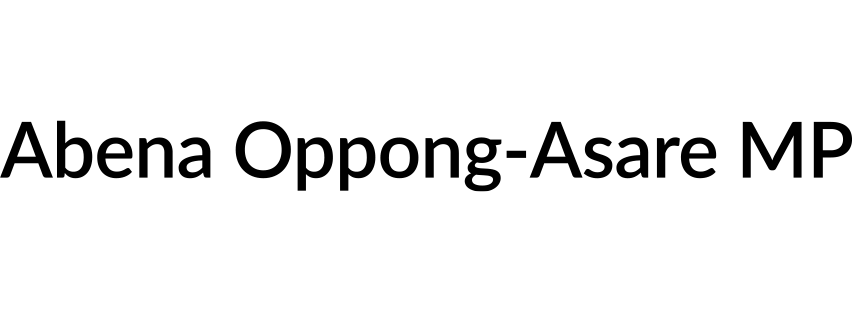Our carers need us, we must Care for Carers
During the COVID-19 crisis we have seen the value and need for our care staff more acutely than ever before.
I am so incredibly proud and humbled by the dedication and hard work I have seen the NHS staff and care workers in Erith and Thamesmead display throughout this virus. They have been the people that have kept us safe in this pandemic, but for many this has come at a personal cost.
In 2019 nearly 5 million working days were lost due to poor metal health, up to 30% of NHS staff absence is stress related, the British Medical Association have stated that 41% of doctors suffer with depression, anxiety, stress and other mental health conditions relating to their work.
The people looking after us during COVID-19 deserve better than this. This is why I am supporting the Labour Party call for a ‘Care for Carers’ package of mental health support for 3 million NHS carers and staff.
A Care for Carers package would launch a new national hotline, staffed by paid professionals and available 24 hours a day. It would provide follow-up support, treatment and specialised help for people with Post-traumatic stress disorder (PTSD).
Unless our staff are protected, they cannot continue their vital work of keeping us all safe.
At the start of the COVID-19 crisis the Government failed to protect our Carers physical health with adequate PPE, as we move forward let’s not fail to protect their mental health.

